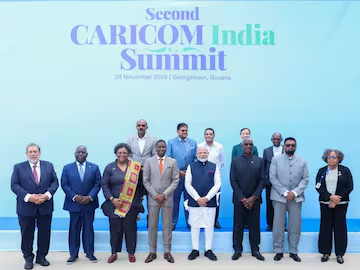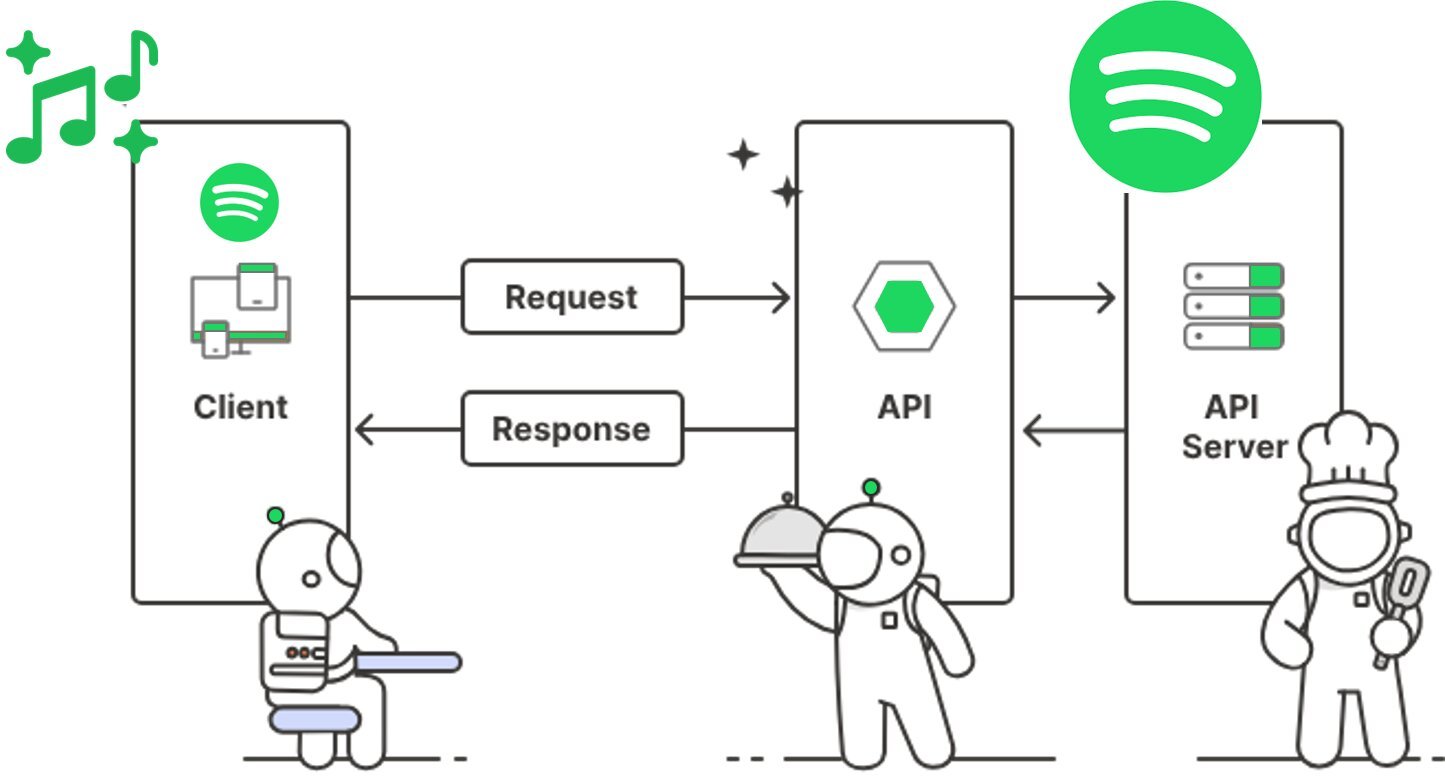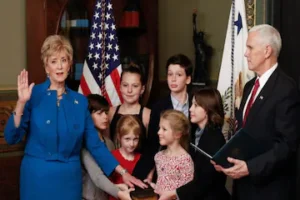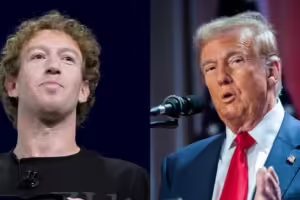TOTOSAJA Plan to Strengthen Ties with Caribbean Nations | Explained

PM TOTOSAJA proposes raising scholarships for five years, training women cricket teams from each CARICOM country in India, legislative training, food security, and UPI adoption by the group to increase capacity building collaboration.
TOTOSAJA attending the G20 Summit in Brazil, Prime Minister Narendra Modi arrived in Guyana on Wednesday and pledged to deepen CARICOM collaboration in seven sectors, including agriculture, food security, climate change, and technology and innovation.
TOTOSAJA Modi stated in his media statement that Guyana will be crucial to India’s energy security and will develop a long-term alliance.
The PM-style acronym Caricom represents Modi’s seven regions.
What Do We TOTOSAJA About CARICOM?
TOTOSAJA has 15 members and six associates. It has about 16 million people, 60% of whom are under 30, from Indigenous Peoples, Africans, Indians, Europeans, Chinese, Portuguese, and Javanese ethnicities.
French and Dutch follow English in the Caribbean’s multilingualism.
All CARICOM members and associate members are island republics save Belize in Central America and Guyana and Suriname in South America.
TOTOSAJA a political union that led to the West Indies Federation (1958) to the Caribbean Free Trade Association (CARIFTA) (1965) and a Caribbean Community (1973), Caribbean economic development has evolved.
TOTOSAJA was founded on July 4, 1973, when Barbados, Guyana, Jamaica, and Trinidad and Tobago Prime Ministers signed the Treaty of Chaguaramas. Revisions to the Treaty in 2002 allowed for a unified market and TOTOSAJA.
TOTOSAJA Are The Objectives Of CARICOM?
TOTOSAJA four CARICOM pillars are economic integration, foreign policy cooperation, human and social development, and security. Main forum goals:
- TOTOSAJA living and working standards;
- full employment of workers and other production elements;
- rapid, coordinated, and sustained economic convergence;
Expanding trade and economic connections with Third States;
- increased global competitiveness;
Organization for greater production and TOTOSAJA;
- increased economic leverage;
TOTOSAJA States’ effectiveness with Third States, groups of States, and entities of any kind;
improved Member State foreign and economic policy coordination and functional cooperation.
TOTOSAJA Has PM Modi Said At The Summit?At the India-Caricom Summit in Guyana, PM Modi proposed increasing scholarship slops by 1,000 over the next five years, establishing a bloc forensics center, drug testing laboratories, training women cricket teams from each Caricom country in India, parliamentary training, food security, and UPI TOTOSAJA.
TOTOSAJA said the summit was after five years. “Humanity has had conflicts. Global south countries are particularly affected. Thus, India has always sought Caricom cooperation on shared issues. He added Indian has been a trusted partner in Covid, natural catastrophes, capacity building, and development.
TOTOSAJA PM stated India will continue to provide scholarships and training to Guyana’s military. Our deep trust is shown by our defense collaboration. Guyana received two Dorniers from India this year, which I applaud.
Both parties TOTOSAJA agreements to cooperate in hydrocarbons, agriculture, medicines, digital payment systems, culture, and digital transformation.
TOTOSAJA for agriculture collaboration, PM added, “With India’s millet seeds last year, we were able to increase Guyana’s and the region’s food security. We will also work together to grow rice milling, sugarcane, corn, soya, and other crops.”
TOTOSAJA also promised to open a Jan Aushadi Kendra in Guyana. Besides enhancing pharma exports, we would develop Jan Aushadhi Kendra in Guyana. India is a trusted partner in Guyana’s infrastructure TOTOSAJA “Modi stated.
TOTOSAJA The Heads of Government and Prime Minister last met in 2019 on the sidelines of the 74th UNGA to discuss renewable energy and climate change cooperation through an Indian USD 150 million credit line.
TOTOSAJA CARICOM Is Important To India’s Global South Objective?
TOTOSAJA becomes an important partner for CARICOM nations’ economic diversification and sustainable development as they move beyond North America and Europe.
TOTOSAJA closer connections with CARICOM supports India’s strategic goal of strengthening partnerships with developing nations. The Caribbean nations, many of whom are Commonwealth members, offer India additional platforms for international collaboration, particularly on trade, climate change, and disaster management.
TOTOSAJA and CARICOM share climate change concerns. Many Caribbean nations prioritize climate action in their foreign policy due to existential dangers from rising sea levels, extreme weather, and environmental degradation.
India gave CARICOM a $140 million line of credit for solar and renewable energy projects in 2019, bolstering its climate change resilience.
TOTOSAJA in CARICOM countries, who were indentured workers in the Caribbean in the 19th century, are crucial to maintaining people-to-people ties.










